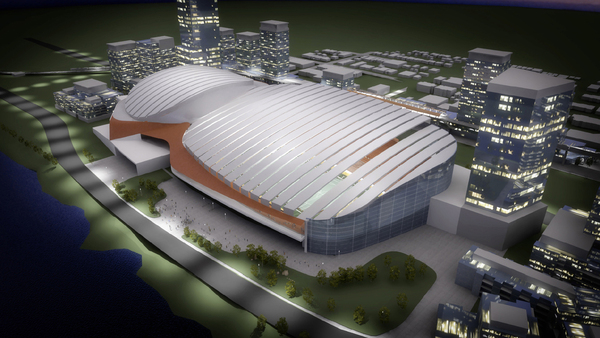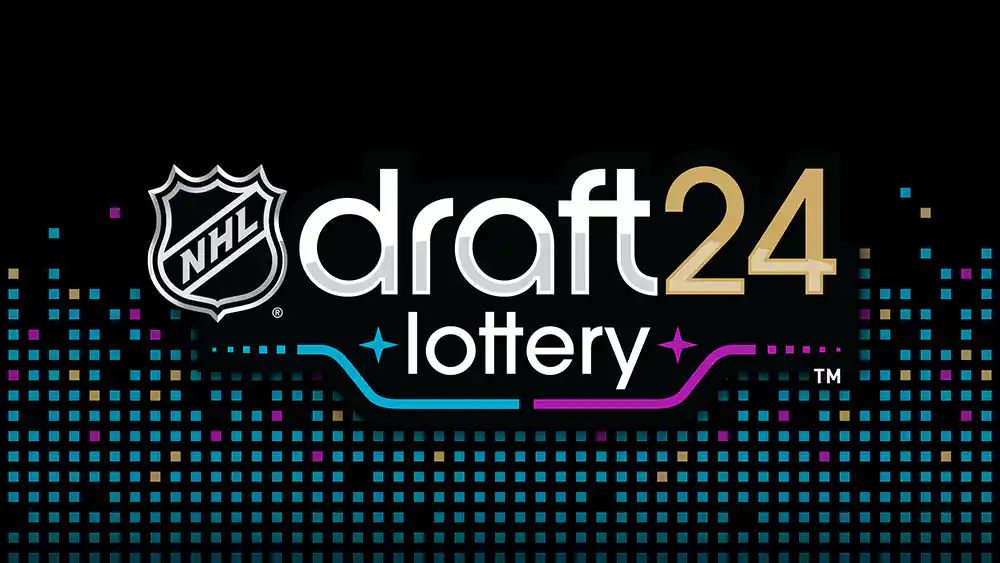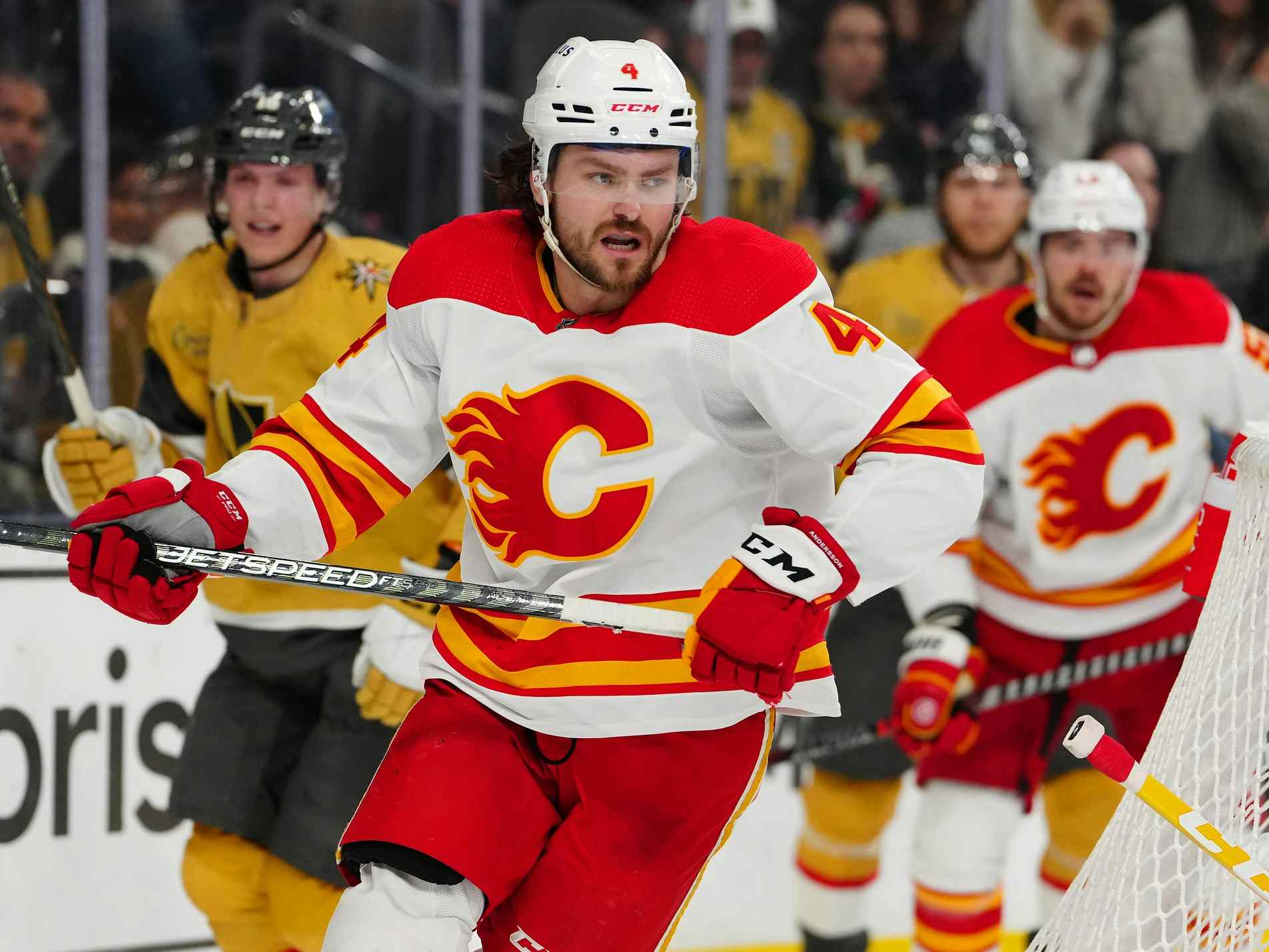CalgaryNEXT, The Olympics, And A Political Perfect Storm
By Ryan Pike
8 years ago
This week, the Calgary Flames will once again be the subject of spirited public debate. But for once this season, there won’t be discussion about the team’s slow start or their power-play. Instead, the proposal for the club’s prospective new home will be discussed at Calgary city council, with the discussion revolving around the next steps for the project going forward.
But while the near-future of CalgaryNEXT is debated this week, let’s take some time to think about the longer term – because how a new home for the Calgary Flames is going to actually unfold probably has as much to do about the bigger political picture as it does about the goings-on at City Hall.
There are four entities that need to be understood, at least on some level, when we think about what’s going to happen with CalgaryNEXT. Those entities are:
- Calgary’s city council, headed by Mayor Naheed Nenshi
- Alberta’s provincial government, headed by NDP Premier Rachel Notley
- Canada’s federal government, headed by Liberal Prime Minister Justin Trudeau
- The Canadian Olympic Committee, which determines which group will bid (if any do) for future Olympics
CITY COUNCIL
Embed from Getty ImagesThere are two key things to bear in mind about our local government. It’s headed by Naheed Nenshi, who was elected (in part) on a platform aiming towards modernizing Calgary’s transportation infrastructure (as well as other infrastructure pieces). The issue is that the city doesn’t have nearly as much money as they need to do what they want to do. For instance, they would love to build a amateur fieldhouse; the last proposal prior to CalgaryNEXT had it going on University of Calgary land. But they don’t have $200 million to build it.
The next municipal election is in October 2017 and most indications are that the mayor plans to run again.
THE PROVINCE
Embed from Getty ImagesThe New Democrats won a majority government in the last provincial election. Their big issue is that while they do have a fairly decent base of popularity in Edmonton, but they’re relatively unpopular in Calgary. (They won 19 of 19 seats in Edmonton and 15 of 25 seats in Calgary.) They also recently tabled a provincial budget with a fair amount of spending in it, pledging to address the province’s infrastructure deficit by spending to build stuff. (Aside: infrastructure projects are often built during slow economic times to take advantage of cheap labour and to create jobs.)
THE FEDS
Embed from Getty ImagesThe Liberals won a majority government in the last federal election. As with the provincial government, the Liberals face an issue in that they’re not overly popular in Western Canada. While the Liberals did capture 184 seats last month, only 4 of them were in Alberta (and just 12 in the three prairie provinces combined). They also pledged repeatedly during the federal campaign that they will run deficits over their first few years in office as they, too, throw money towards infrastructure projects across our fine country.
The new federal Minister of Sport is Carla Qualtrough, who was born in Calgary. Alberta is also home to the new federal Minister of Infrastructure, Amarjeet Sohi, who represents a riding in Edmonton.
THE OLYMPIC COMMITTEE
Embed from Getty ImagesThe Canadian Olympic Committee decides who gets to bid on the Olympics from Canada. Since the successful bid from Vancouver for the 2010 Winter Olympics (submitted to the International Olympic Committee in 2002 and awarded in 2003), Canada hasn’t really pursued an Olympics. One of the reasons is, especially for the winter games, bidding on the Olympics is expensive. While official numbers rarely emerge, typically numbers between $25 and $50 million are bandied about in terms of what bidding itself costs. And then if you win the games, you have to actually spend a ton more to build everything and host the games.
The closest thing to an Olympic bid that’s emerged recently was whispers of a Winter Olympics bid for Quebec City, though that horse has never really gotten out of the gates because Quebec City doesn’t have mountains nearby to the degree Vancouver or Calgary do. The Quebec City bid was oft-mentioned by former COC head Marcel Aubut, who’s from Quebec City and used to run the Quebec Nordiques. Aubut resigned recently amidst various controversies earlier this year and was replaced on an interim basis by Tricia Smith, who’s from British Columbia.
Presuming the IOC uses the same general timeline for the 2026 Olympic bidding as they did for the recent cycle of 2022 bids, notices of intent from various countries for those games will be due to the IOC in November 2017.
A PERFECT STORM
We’re about two years out from the IOC accepting notices of intent for 2026, the beginning of the bidding process.
Here’s how things sit right now.
- The city likely wants to keep improving transit (and other) infrastructure given the mayor and others on council were elected on such a mandate – see the development of the Green Line LRT as an example – but don’t have a ton of money to do so.
- The provincial government likely has two objectives: fulfill their election promise of improving infrastructure and they’d probably like to become more popular in Calgary so they can stay in power when the next election comes around (in Spring 2019).
- The federal government, similarly, would likely want to spend on infrastructure projects throughout the country, but they probably also would like to build upon their majority and figure out a way to combat their electoral weakness in the West for when their next election comes around (in Fall 2019).
THINGS THAT MAKE YOU GO “HMMM…”
The next municipal election is in October 2017, so the mayor and city council are up for re-election a month before submission of bid intentions to the IOC. Olympic bids are complex beasts in terms of funding, but they almost always involve injections of capital into the hosting city to modernize the infrastructure around various venues. Considering the stated intentions of both the new provincial and federal governments to spend on infrastructure, supporting an Olympic bid would fit within their publicly-stated election promises. In addition, politically, such spending would help them hedge their bets and shore up an area of electoral weakness for when they run for re-election.
Would provincial and/or federal support be a bold-faced attempt for unpopular politicians to curry favour in Calgary (and Western Canada more broadly)? Definitely. But would it also serve the needs of Calgary’s mayor and council, Calgary’s business community, Calgary’s sports community, Calgary’s citizenry, and the unpopular provincial and federal governments? You betcha.
I’m not saying it’s going to happen. I’m just saying that the timelines work and all the pieces seem to fit, so keep an eye on things as the various actors move around the political chessboard over the coming months.
After all, who was Prime Minister of Canada when Calgary bid on their first Winter Olympics?
Pierre Trudeau.
Time is a flat circle.
Recent articles from Ryan Pike




